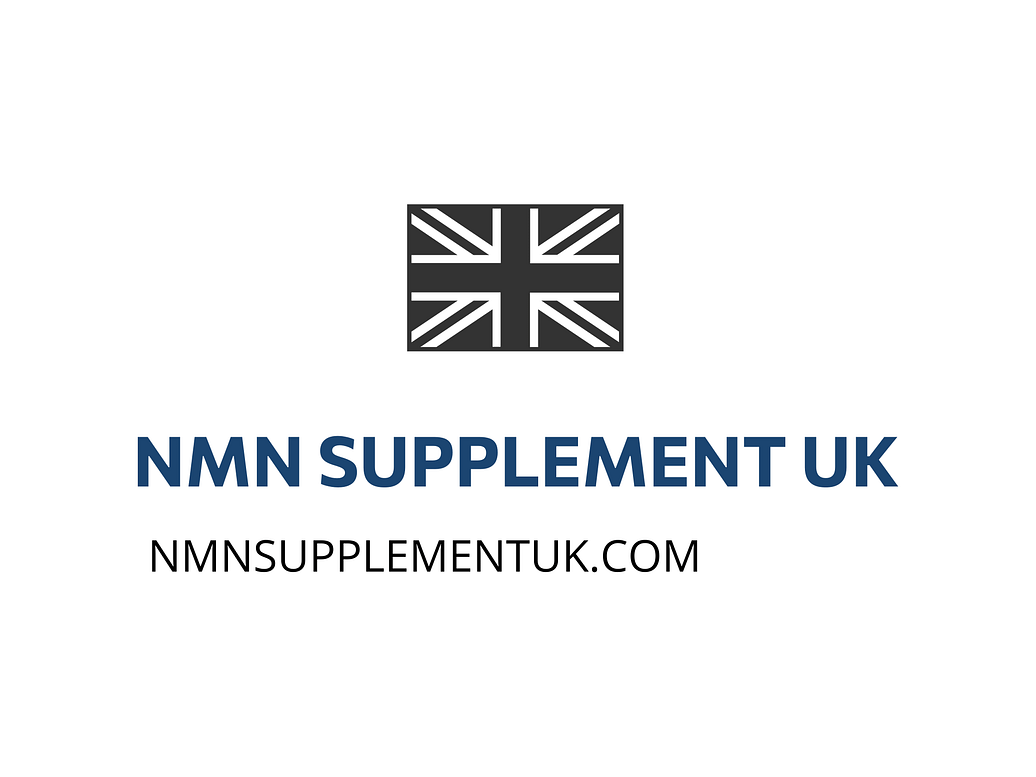NMN supplements vs. nicotinamide: 6 Superior Differences
Introduction to NMN and Nicotinamide
Before we dive into the differences between NMN supplements and nicotinamide, it is essential to understand what each supplement is and how they are related. NMN is a nucleotide that serves as a precursor to nicotinamide adenine dinucleotide (NAD+), a coenzyme that plays a crucial role in various cellular processes, including energy metabolism, DNA repair, and gene expression. Nicotinamide, on the other hand, is a form of vitamin B3 that can also be converted into NAD+ in the body.
Composition and Mechanism of Action
One of the primary differences between NMN supplements and nicotinamide lies in their composition and mechanism of action. NMN is a more direct precursor to NAD+, as it can be converted into NAD+ through a single enzymatic step. In contrast, nicotinamide requires multiple enzymatic steps to be converted into NAD+, which can lead to a less efficient conversion process. This difference in composition and mechanism of action can have significant implications for the efficacy and benefits of each supplement.
Difference 1: Bioavailability and Absorption
The first superior difference between NMN supplements and nicotinamide is their bioavailability and absorption. Studies have shown that NMN has a higher bioavailability than nicotinamide, meaning that it is more easily absorbed and utilized by the body. This is because NMN is more resistant to degradation by enzymes in the gut and liver, allowing it to reach the bloodstream and tissues more intact. In contrast, nicotinamide is more susceptible to degradation, which can reduce its bioavailability and efficacy. To learn more about the importance of bioavailability and absorption, visit our page on supplement bioavailability.
Difference 2: NAD+ Boosting Ability
Another significant difference between NMN supplements and nicotinamide is their ability to boost NAD+ levels. As mentioned earlier, NMN is a more direct precursor to NAD+, which allows it to more efficiently increase NAD+ levels in the body. In contrast, nicotinamide requires multiple enzymatic steps to be converted into NAD+, which can lead to a less efficient NAD+ boosting ability. Studies have shown that NMN supplements can increase NAD+ levels by up to 2-3 times, while nicotinamide supplements may only increase NAD+ levels by 1-2 times.
Difference 3: Anti-Aging Benefits
The third superior difference between NMN supplements and nicotinamide is their anti-aging benefits. As we age, our NAD+ levels naturally decline, which can lead to a range of age-related diseases and disorders. NMN supplements have been shown to have potent anti-aging effects, as they can help to increase NAD+ levels and improve cellular function. In contrast, nicotinamide supplements may have more limited anti-aging benefits, as they may not be able to increase NAD+ levels as efficiently. To learn more about the anti-aging benefits of NMN supplements, visit our page on anti-aging supplements.
Difference 4: Neuroprotective Effects
The fourth superior difference between NMN supplements and nicotinamide is their neuroprotective effects. NMN supplements have been shown to have potent neuroprotective effects, as they can help to increase NAD+ levels and improve neuronal function. In contrast, nicotinamide supplements may have more limited neuroprotective effects, as they may not be able to increase NAD+ levels as efficiently. Studies have shown that NMN supplements can help to protect against age-related neurodegenerative diseases, such as Alzheimer’s and Parkinson’s.
Difference 5: Cardiovascular Health Benefits
The fifth superior difference between NMN supplements and nicotinamide is their cardiovascular health benefits. NMN supplements have been shown to have potent cardiovascular health benefits, as they can help to increase NAD+ levels and improve vascular function. In contrast, nicotinamide supplements may have more limited cardiovascular health benefits, as they may not be able to increase NAD+ levels as efficiently. Studies have shown that NMN supplements can help to reduce blood pressure, improve blood lipid profiles, and reduce the risk of cardiovascular disease.
Difference 6: Availability and Cost
The sixth and final superior difference between NMN supplements and nicotinamide is their availability and cost. NMN supplements are generally more expensive than nicotinamide supplements, as they are more difficult to produce and require more advanced technology. However, the benefits of NMN supplements may outweigh the costs, as they have been shown to have more potent effects on NAD+ levels and overall health. To learn more about the cost and availability of NMN supplements, visit our page on supplement pricing.
Conclusion
In conclusion, NMN supplements and nicotinamide are two distinct supplements that have different compositions, mechanisms of action, and benefits. While both supplements can be beneficial for overall health and wellness, NMN supplements have several superior differences that set them apart. These differences include their bioavailability and absorption, NAD+ boosting ability, anti-aging benefits, neuroprotective effects, cardiovascular health benefits, and availability and cost. For more information on the benefits and differences between NMN supplements and nicotinamide, visit our page on supplement comparison. Additionally, you can visit the National Center for Biotechnology Information to learn more about the science behind NMN supplements and nicotinamide. As of 2025, it is clear that NMN supplements are a more potent and effective option for those seeking to improve their health and wellness.
Learn more about NMN supplements on our NMN supplements page.





